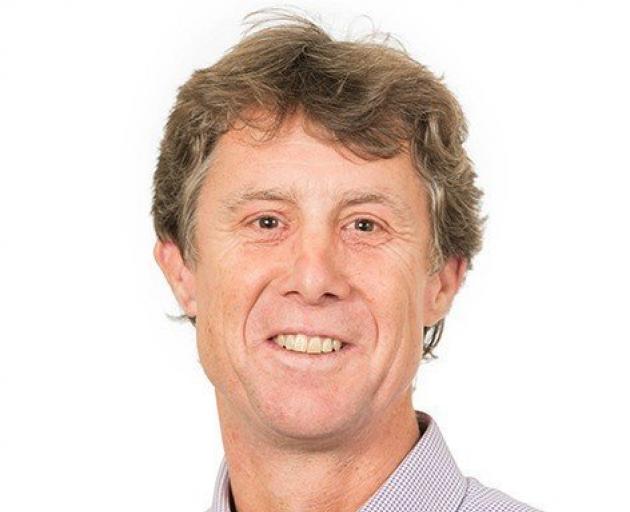
The report, presented to the Clutha District Council infrastructure strategy and operations committee by Beca southern water environmental principal Ian Macbeth during its meeting in Balclutha yesterday, provided a detailed history of the council’s five BioFiltro sewage treatment plants from their commissioning in 2009-10 to now.
Beca have been hired by the council to assess and rehabilitate the plants, in Kaka Point, Lawrence, Owaka, Stirling and Tapanui.
In late 2019, the Otago Regional Council discovered the plants were essentially not functioning, leading to long-standing sewage overflows and serious non-compliance.
In 2020, the council was fined more than $500,000 for the breaches, and its contractor Citycare Water a further $120,000.
Mr Macbeth’s report, delivered to councillors via Zoom, said a key event precipitating the crisis had been the council’s decision to stop tilling the BioFiltro filtration beds before the overflows began in 2019.
The beds were made of wood shavings inhabited by tiger worms, and could become "soggy" if overwhelmed or left unattended.
This rendered them unable to process wastewater effectively, eventually leading to the overflows.
The plants could be effective, given some adaptations and proper scheduled maintenance, Mr Macbeth said.
An initial test plant at Kaka Point in 2009 had proven effective, leading to the commissioning of a further four plants.
However, "after initial optimism", performance deteriorated.
His own investigations suggested improvements, which he had begun implementing in September last year.
A key change had been to alter the filtration medium from wood shavings to a mix of shavings and woodchips.
This appeared to reduce the risk of overflows, while maintaining filtration standards.
Although worms had been integrated once more, he did not believe they were effective.
Other changes made by Beca included fixing flow rates, improved monitoring, sampling and scheduling, and regular maintenance of filtration media and other treatment elements, such as UV lamps for removing bacteria.
Although it was "early days" the changes had led to "much improved" effluent and compliance results, he said.
"Total nitrogen" remained non-compliant, although this was not unique to BioFiltro plants.
Councillors thanked Mr Macbeth for his work, and queried whether the changes meant BioFiltro plants were now a good choice for future upgrades to the district’s wastewater network.
He declined to comment, but said costs of operation were "not excessive" compared with alternatives.
Their performance was likely to be sufficient for a mooted future discharge to land, should that occur.












